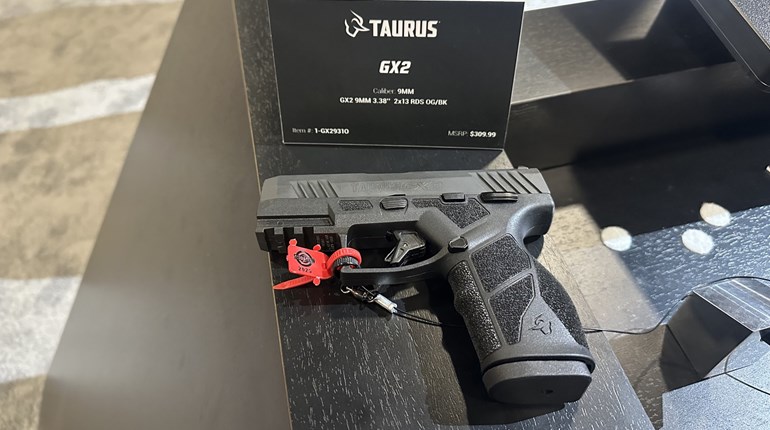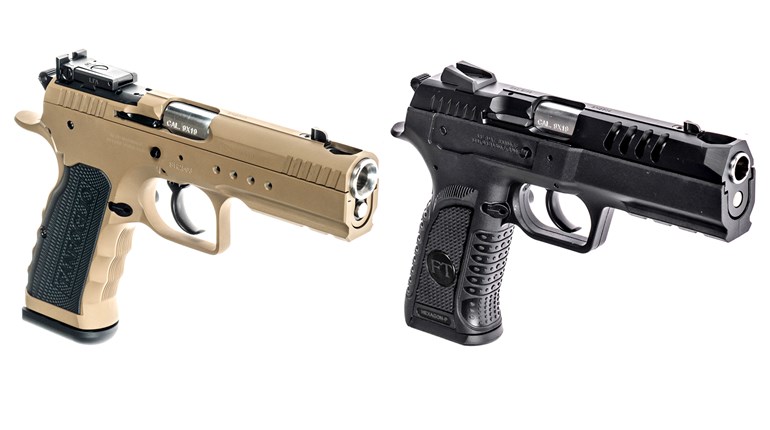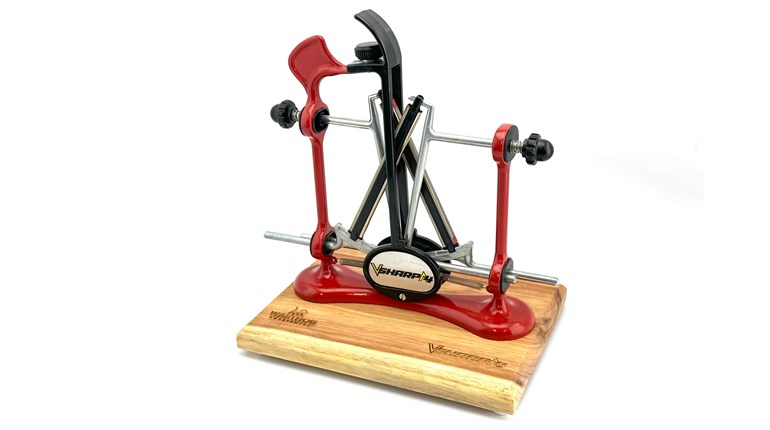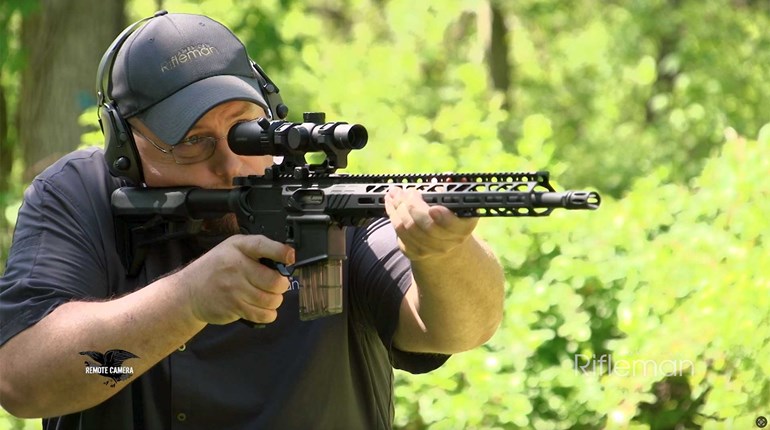
To be honest, I hate the term “the right gun for a woman” because there is no such thing. If you haven’t noticed, women come in all shapes and sizes, and since the days of Annie Oakley, there have been women who can shoot as well as—or better than—men. We wouldn’t take someone seriously if they talked about “the right gun for a man,” so why do we hang on to the concept of “the right gun for a woman?”.
That being said, let’s take a look at five common mistakes we men tend to make when it comes to guns and the women in our lives. These mistakes obviously apply to helping anyone choose their first handgun.
Mistake Number Five: Choosing a gun that is too cheap or too expensive.
Defensive firearms are not meant to be safe queens, and getting a gun that is too cheap to run reliably discourages the kind of regular practice that’s needed to become proficient with your firearm of choice. No one likes to be frustrated, and having to deal with a gun that can’t shoot a box of ammo without a malfunction of some kind is very, very frustrating.
By that same token, spending a lot of money on the hardware can eat into the amount of money available for training and practice. A defensive firearm is not a one-time investment: The odds of you being able to effectively use your gun to save your life and the lives of your loved ones increases with good training and regular practice, so buying a gun that will be used should be an essential part of your decision making process.
Mistake Number Four: Hanging on to the past.
Just because grandma had a snub-nosed .38 on her nightstand doesn't mean your spouse should have a snubbie as well. Over the last thirty years, there’s been a tremendous amount of innovation in the firearms business, and so what worked well fifty years ago may not be the best option for today. Are small .38 calibers still a viable option for self-defense? Of course they are. Are there now other options out there for reliable, concealable, accurate self-defense pistols that weren’t available in years past? Yes, and they should be a part of your decision-making process when it comes to arming your loved ones.
Mistake Number Three: Believing the marketing, not believing in the product.
This is the opposite of number four: The gun companies have realized that women are a big part of the gun world and are rushing products to appeal to what is a quickly growing part of the firearms market. There are some great new products out there to help women carry a gun more often, but there’s also a lot of products out there that are made to cash in on this new market with little thought to their usefulness. Creating a gun or a self-defense product takes more than just slapping on some pink and labelling it “for women”. With a few exceptions that cater to the unique physiology of women, anything that’s an effective defensive product for men will be an effective defensive product for women as well, no matter what color its painted.

Mistake Number Two: Buying a gun based on your needs, not hers.
Yes, you might need a full-size .45 ACP with 13 rounds of ammo, but that might be wildly inappropriate for your spouse. On the other hand, I have a friend who carries an FNH-USA FNX-45 on a daily basis, and it doesn’t slow her down one bit. I, on the other hand, have a tendency to forego lugging around a full-size gun and just pocket-carry a Kel-Tec P3AT when it gets hot outside. Is one better than the other? Not for me to say: Any gun is better than none, and a vigorous defense with a pocket .380 is more effective than an .45 left in the truck.
And the Number One Mistake men make when buying a gun for a women is... Not involving them in the firearms-buying decision at all.
Finding the right gun is a process: Sometimes, its love at first shot (like it was with my CZ-USA CZ75), and sometimes it takes a while to warm up to the right gun: Five years into things, I’m still working on getting my AR-15 for 3 Gun to where I like it. I do my research, I listen friends and read what the experts are saying, but in the end, I make a personal decision about what works best for my life and my unique needs.
So why, then, would I expect the other people—women or men—in my life to accept anything less than what works best for them?





































